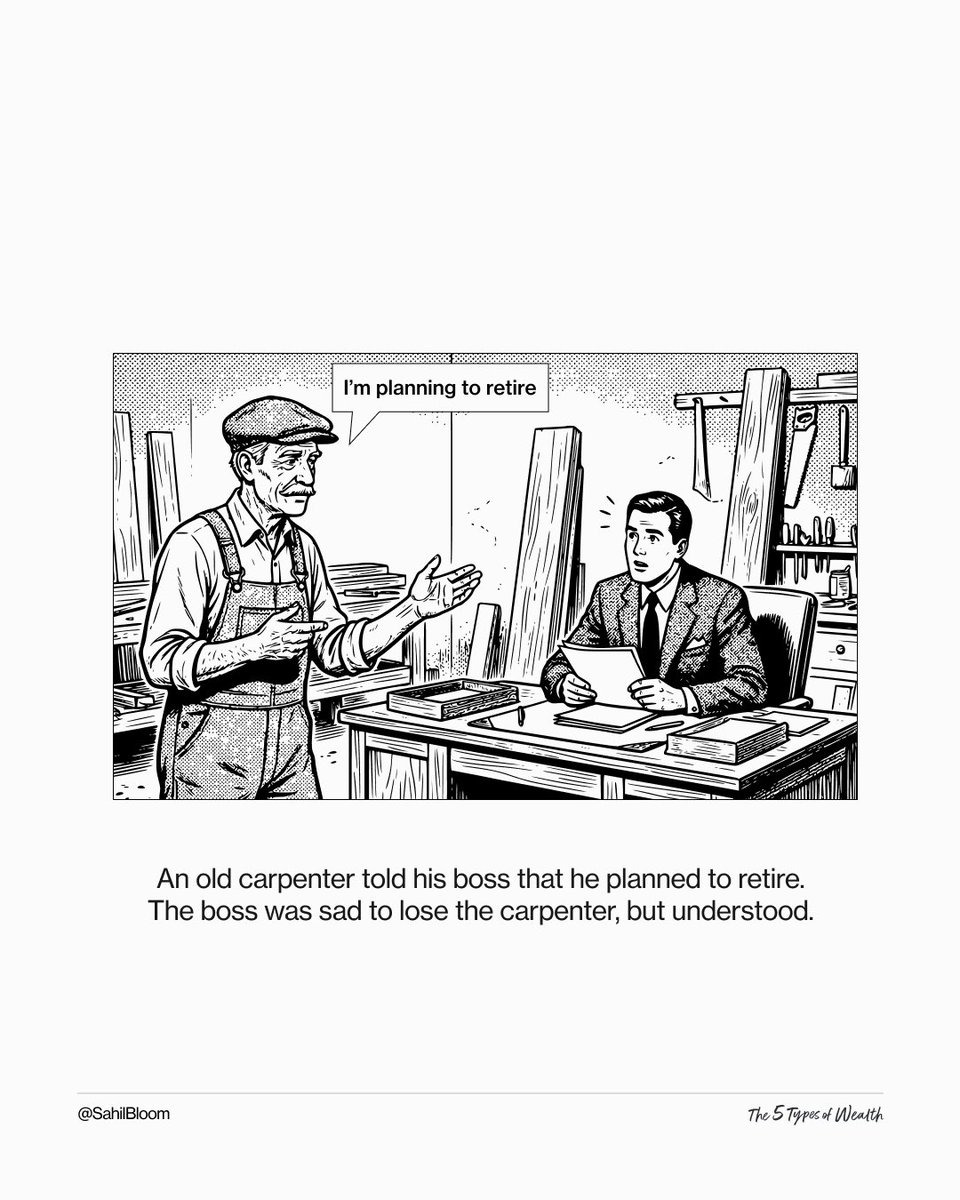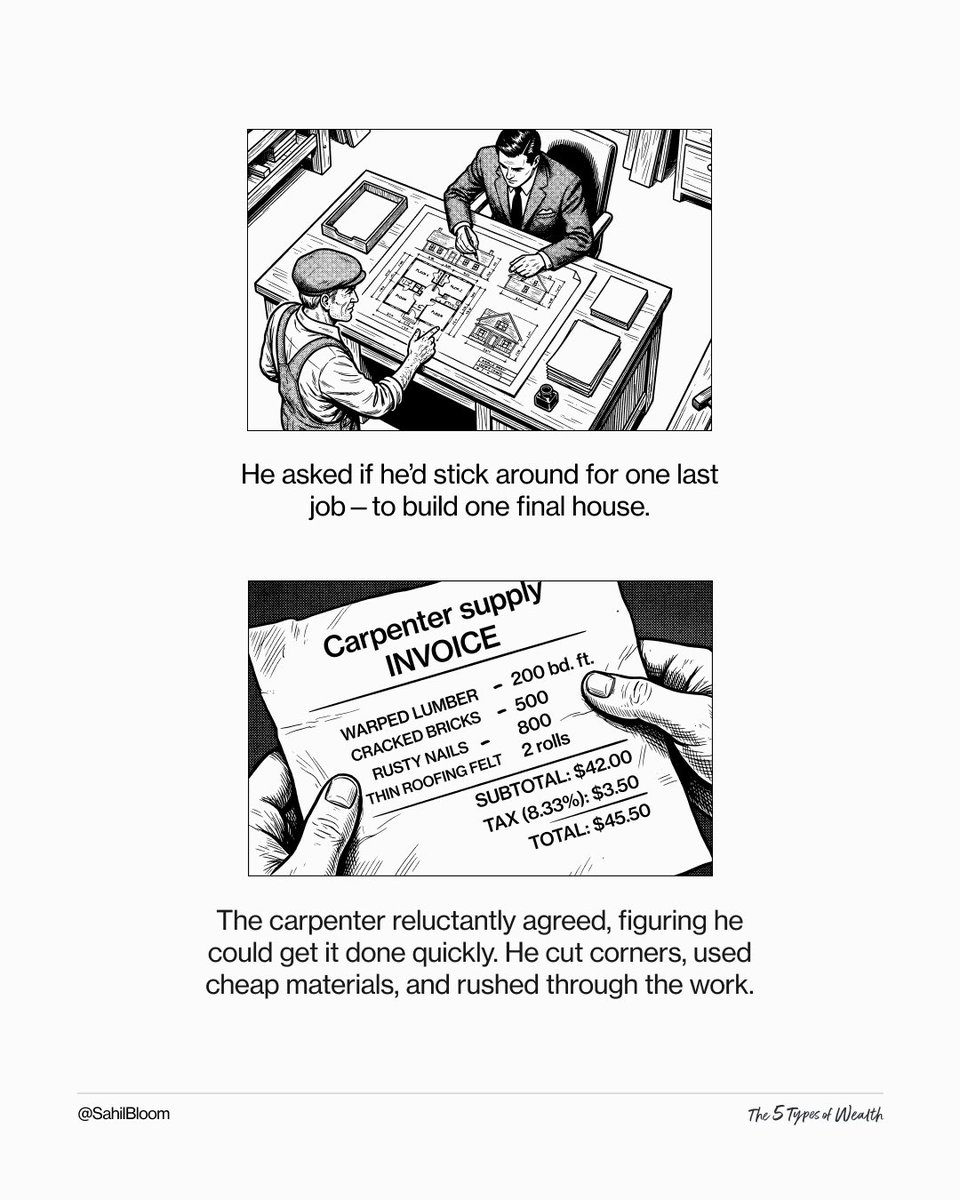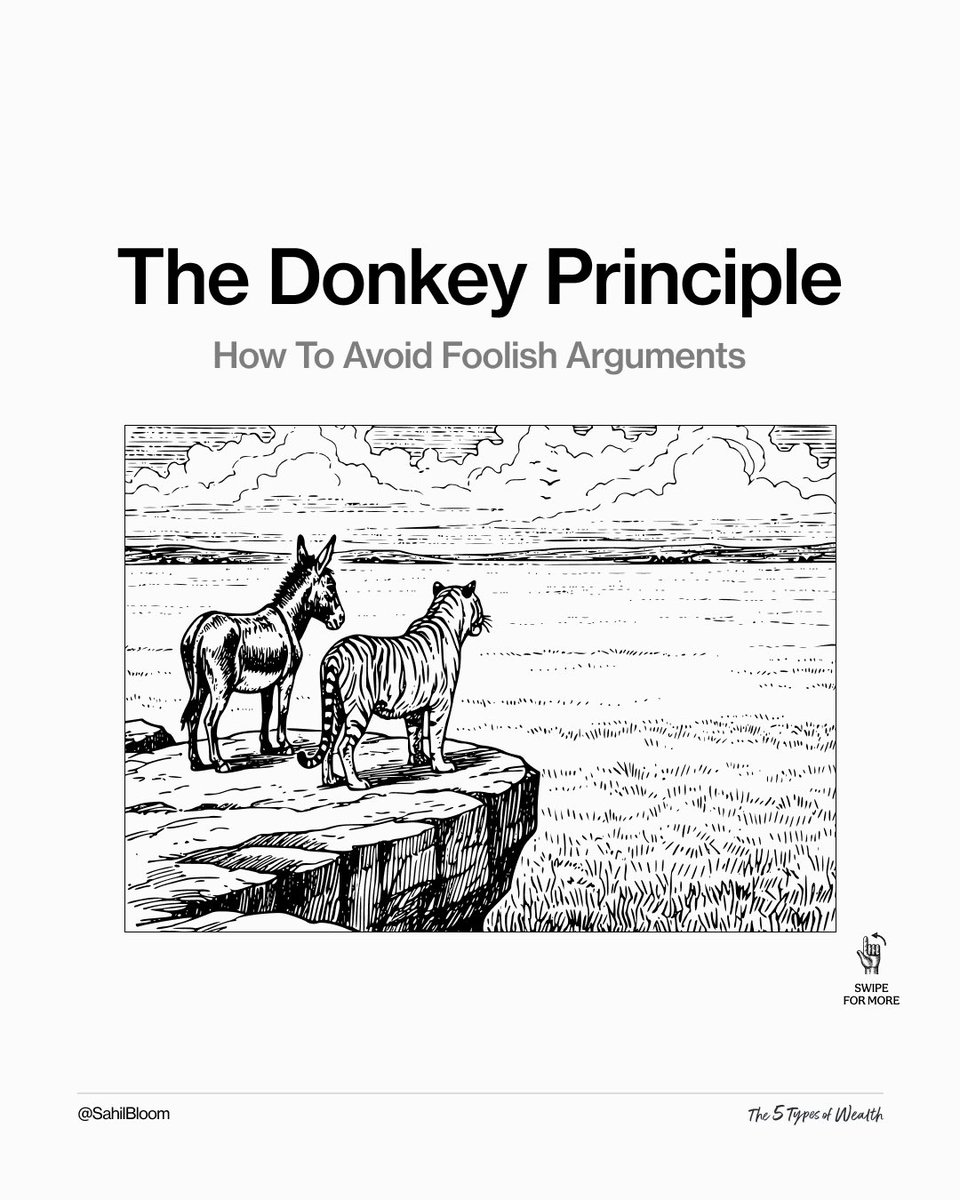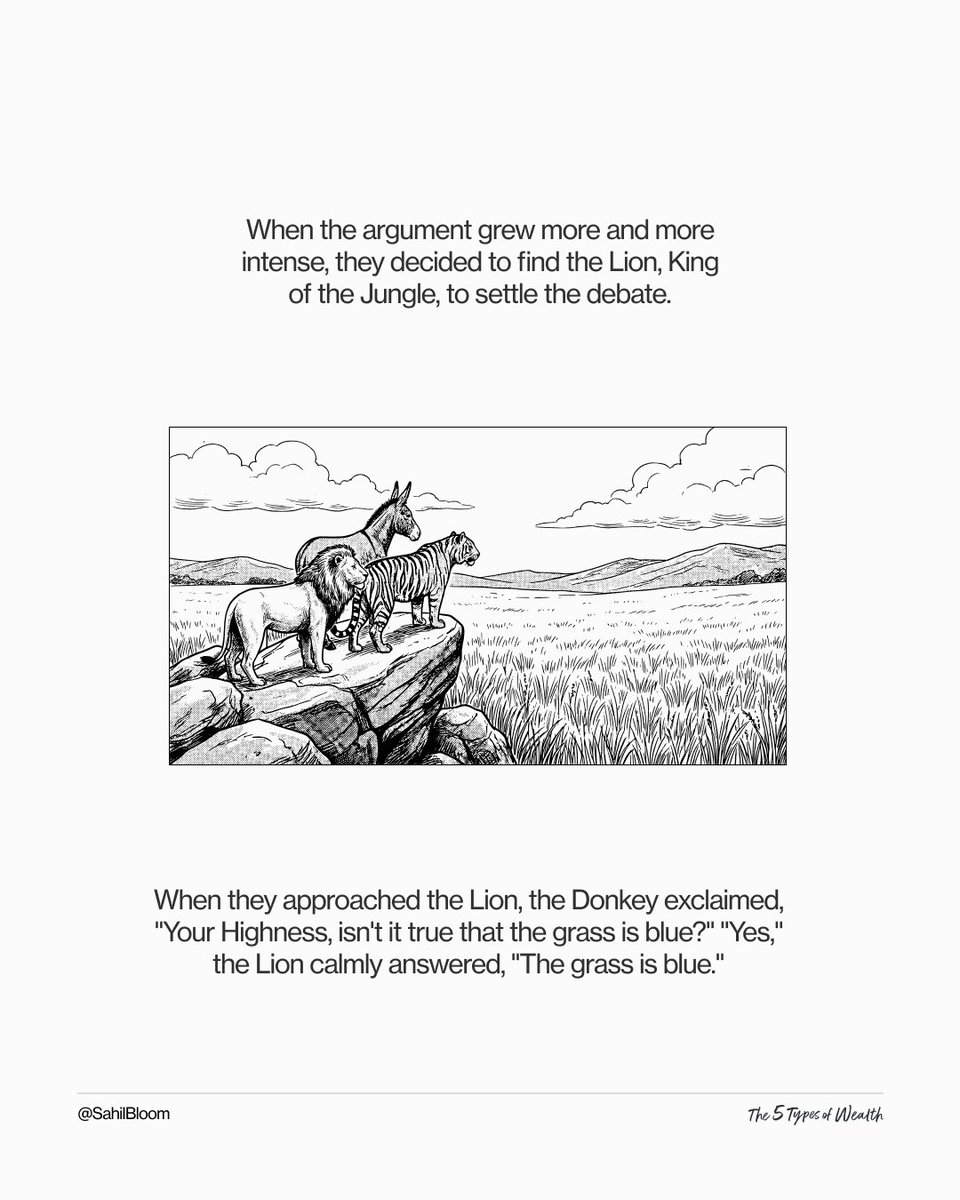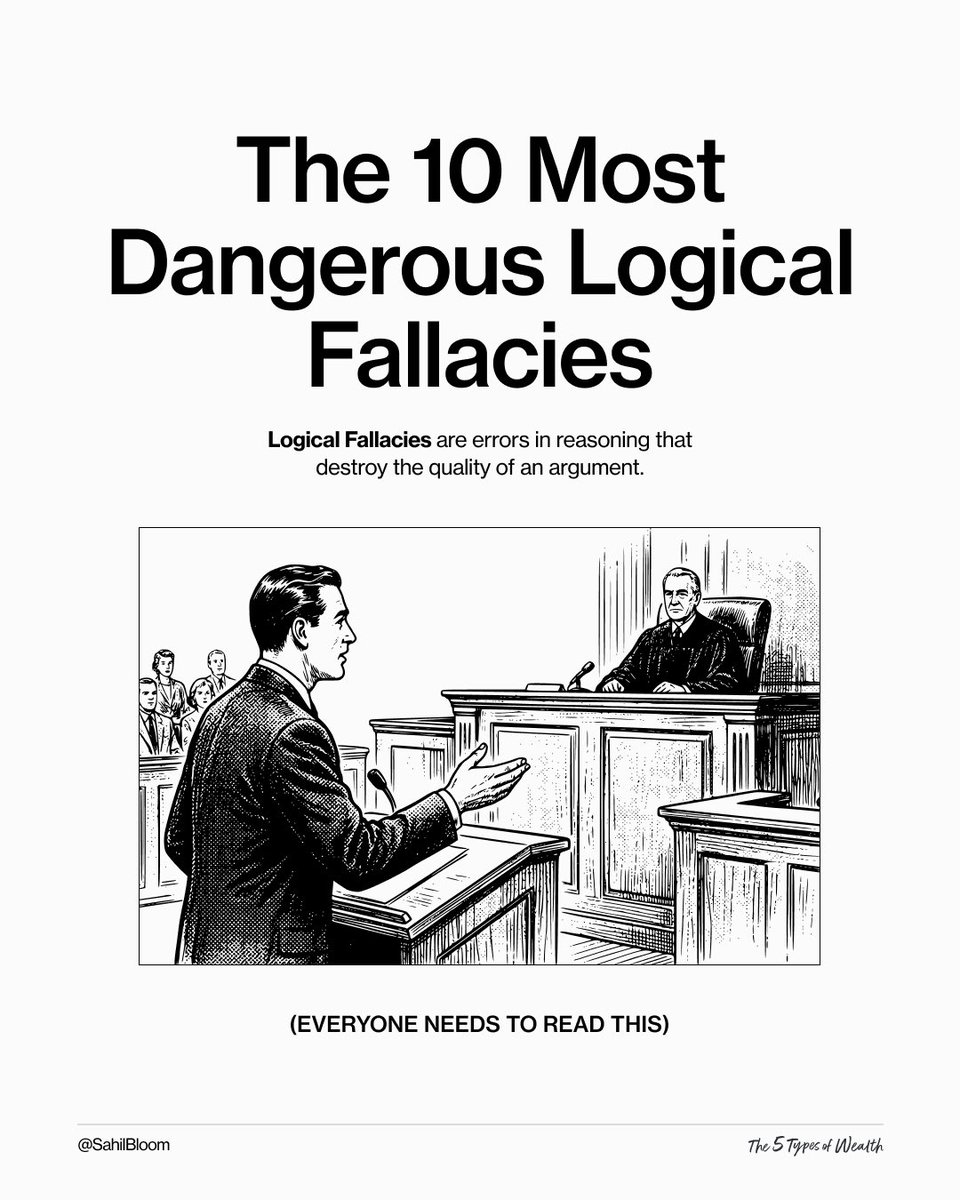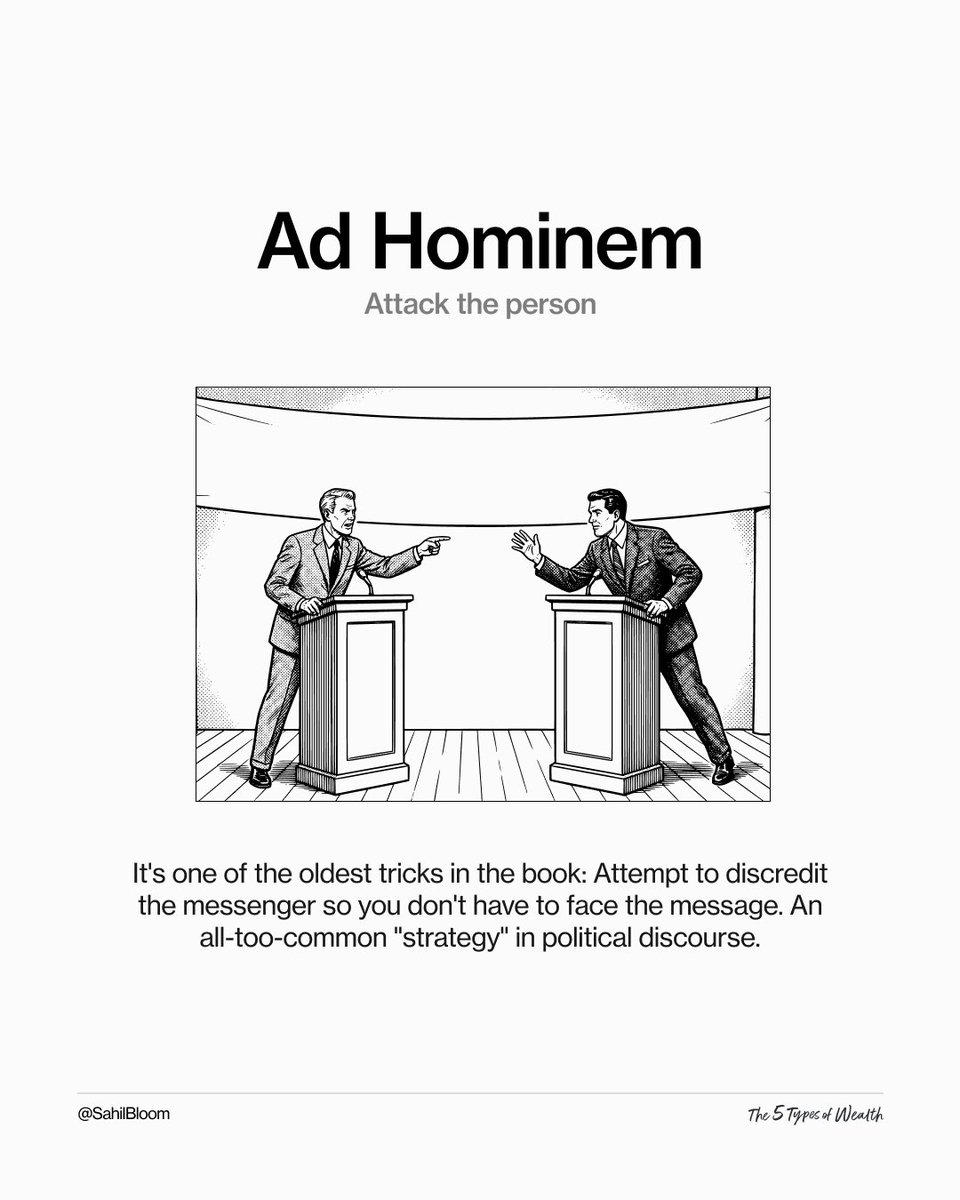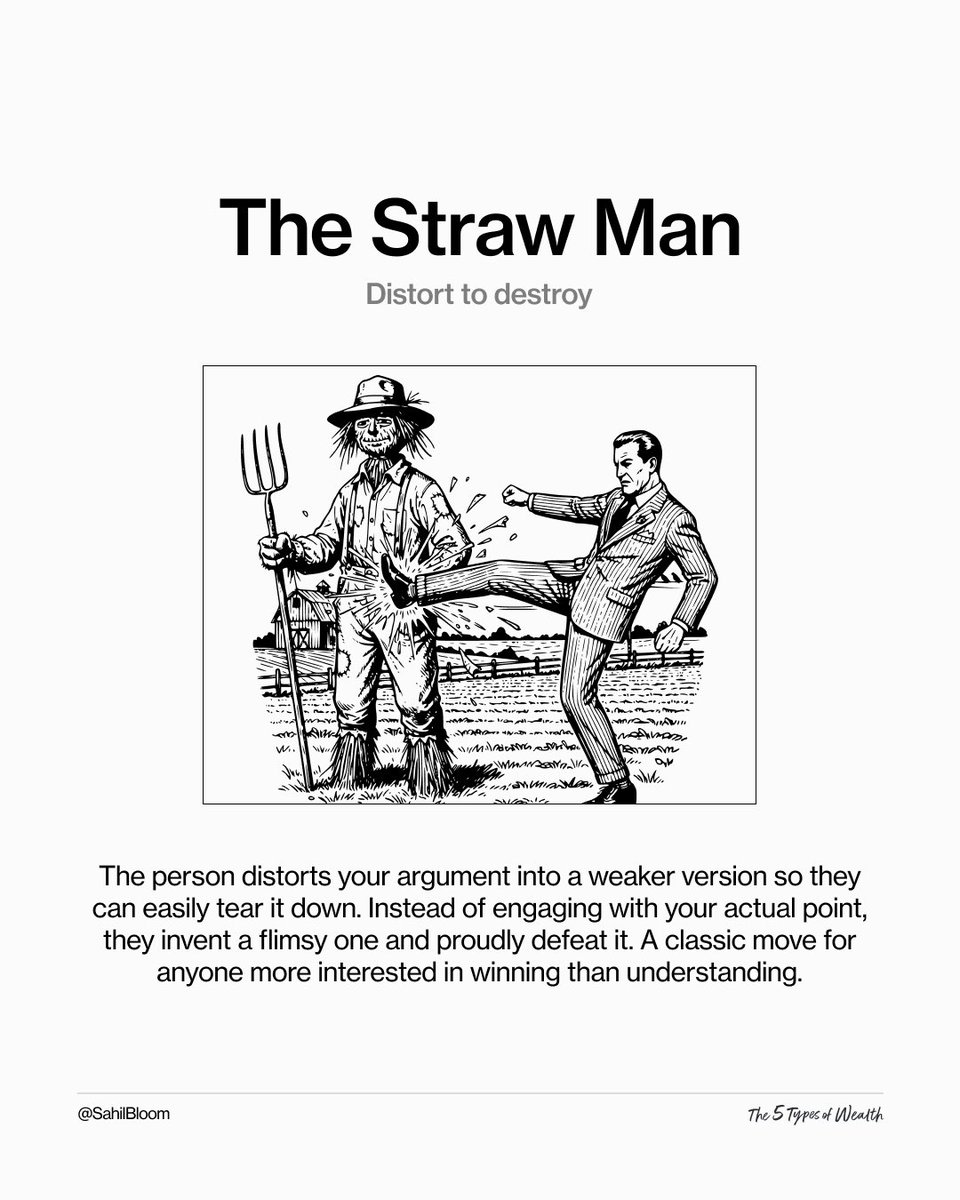Evergrande is the train wreck that the financial world and media can’t help but watch.
Here’s breakdown on the story:
Here’s breakdown on the story:
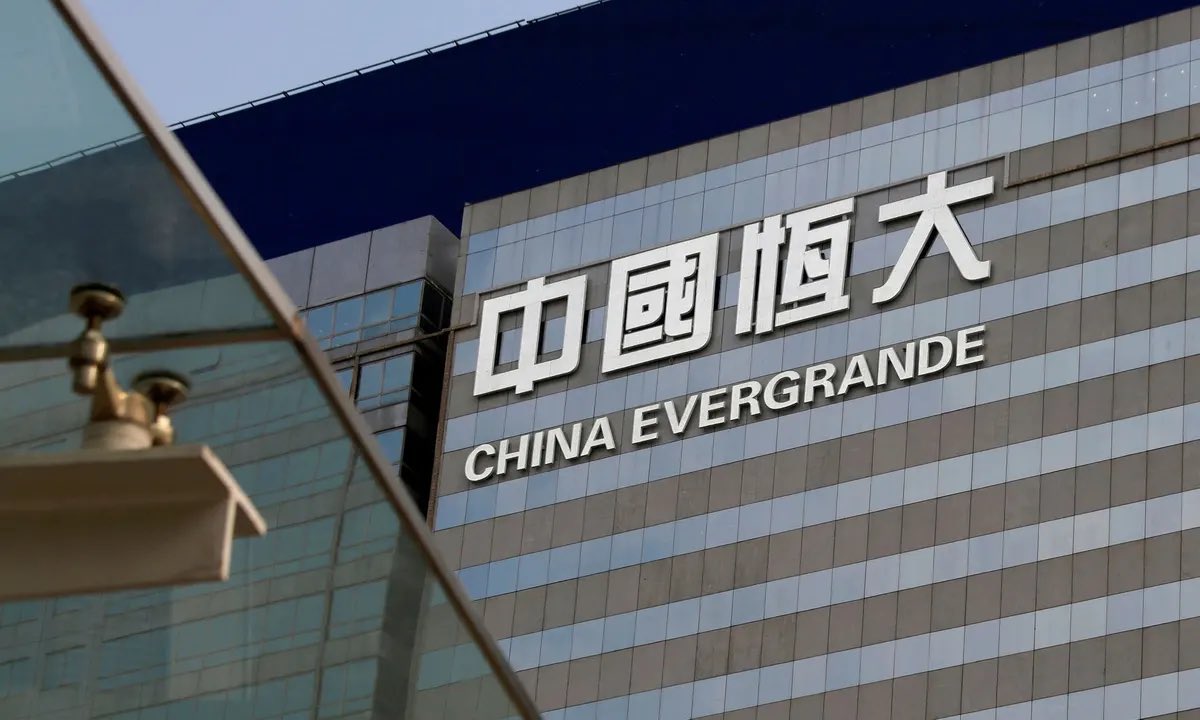
1/ The Evergrande Group is a Fortune 500 real-estate developer with headquarters in Shenzhen, Guangdong, China.
It was founded by Hui Ka Yan in 1996 in Guangzhou.
It's a big business: as recently as 2020, it had sales of >$100 billion and adjusted core profits of ~$5 billion.
It was founded by Hui Ka Yan in 1996 in Guangzhou.
It's a big business: as recently as 2020, it had sales of >$100 billion and adjusted core profits of ~$5 billion.
2/ At its core, it's a homebuilder business.
Its website states that it has over 1,300 projects across 280+ cities.
But it has pushed the boundaries, making investments in EVs, an internet and media production company, a theme park, a soccer club, and a mineral water company.
Its website states that it has over 1,300 projects across 280+ cities.
But it has pushed the boundaries, making investments in EVs, an internet and media production company, a theme park, a soccer club, and a mineral water company.

3/ As a developer, Evergrande had to contend with a highly cash-consumptive growth profile.
Building a new project may take many months and requires a lot of cash outflows along the way.
Cash collections (from buyers) come later, with the exception of smaller upfront deposits.
Building a new project may take many months and requires a lot of cash outflows along the way.
Cash collections (from buyers) come later, with the exception of smaller upfront deposits.
4/ So how did Evergrande fund its impressive growth?
Debt—it borrowed aggressively, even by real estate property development standards.
It became the world's most heavily-indebted developer, with a debt load of over $100 billion and over $300 billion in liabilities.
Debt—it borrowed aggressively, even by real estate property development standards.
It became the world's most heavily-indebted developer, with a debt load of over $100 billion and over $300 billion in liabilities.

5/ As is pointed out in the brilliant thread below, there is a bit of a moral hazard problem that was created along the way.
Evergrande was largely indifferent to pricing on the land it was purchasing, knowing that the risk would be passed off to banks financing the purchases.
Evergrande was largely indifferent to pricing on the land it was purchasing, knowing that the risk would be passed off to banks financing the purchases.
https://twitter.com/INArteCarloDoss/status/1438944441688117248
6/ The debt-fueled growth propelled Evergrande (and its now billionaire founder) into an elite class.
It entered the Fortune 500 at #496 in 2016 and reached #122 by the latest ranking.
But debt is a double-edged sword—and Evergrande was due to catch the other edge.
It entered the Fortune 500 at #496 in 2016 and reached #122 by the latest ranking.
But debt is a double-edged sword—and Evergrande was due to catch the other edge.

7/ As its debt burden grew, so did the interest payments on that debt.
This is (mostly) fine, so long as revenues and profits—with which you can make these payments—continue to grow.
But if the growth or profitability slows (or government restricts borrowing!), it's...not fine.
This is (mostly) fine, so long as revenues and profits—with which you can make these payments—continue to grow.
But if the growth or profitability slows (or government restricts borrowing!), it's...not fine.
8/ Imagine a metaphorical boa constrictor tightening its grip on its prey.
You can try to borrow more to make your payments, but that only fuels the snake.
Moreover, the knowledge of your precarious position increases risk and makes that borrowing more challenging and costly.
You can try to borrow more to make your payments, but that only fuels the snake.
Moreover, the knowledge of your precarious position increases risk and makes that borrowing more challenging and costly.

9/ In Evergrande's case, the snake tightened its grip in 2020.
It had its first major liquidity scare—a potential inability to meet its liabilities—sending a letter to the local government warning that upcoming payments could cause a crisis with systemic financial sector risks.
It had its first major liquidity scare—a potential inability to meet its liabilities—sending a letter to the local government warning that upcoming payments could cause a crisis with systemic financial sector risks.
10/ As with most de-leveraging spirals, there is a technical side (inability to make payments) and a psychological side (the knowledge of instability impacting your market standing).
The psychological is damning.
Reports of the letter sent Evergrande’s stock and bonds tumbling.
The psychological is damning.
Reports of the letter sent Evergrande’s stock and bonds tumbling.
11/ The short-term crisis was avoided—an investor group didn't force a big repayment—but the long-term remained.
Dornbusch's Law says that crises take longer to happen than you expect, but then happen faster than you ever could have imagined.
This proved true for Evergrande...
Dornbusch's Law says that crises take longer to happen than you expect, but then happen faster than you ever could have imagined.
This proved true for Evergrande...
12/ To meet its ever growing obligations, Evergrande began tapping into "creative" financing strategies.
It pushed employees to provide short-term loans to the company—which it called "high interest investments”—in order to ensure they received their year-end bonuses.
It pushed employees to provide short-term loans to the company—which it called "high interest investments”—in order to ensure they received their year-end bonuses.

13/ But the company quickly fell behind, missing payments earlier this month and leaving thousands of employees in a lurch.
With over $7.4 billion of bond payments due in 2022, and large interest payments coming up as soon as this Thursday, the crisis appears to be accelerating.
With over $7.4 billion of bond payments due in 2022, and large interest payments coming up as soon as this Thursday, the crisis appears to be accelerating.

14/ To reiterate, the psychological side is just as impactful as the technical.
It was recently reported that Evergrande was offering to sell properties at a deep discount—indicating a fire sale required to make its payments and sending further panic spiraling into the market.
It was recently reported that Evergrande was offering to sell properties at a deep discount—indicating a fire sale required to make its payments and sending further panic spiraling into the market.
15/ Protests have broken out at Evergrande offices in China—with up to 1 million homebuyers left in a devastating limbo, having paid deposits upfront for homes that may never be built.
The media narrative cycle of demise ramped up in earnest and further fueled the fire.
The media narrative cycle of demise ramped up in earnest and further fueled the fire.

16/ Importantly, the Evergrande situation poses a systemic risk to the Chinese economy.
With deep ties to financial institutions and working class consumers across China, a disorderly collapse would have far-reaching impacts (financially and emotionally).
With deep ties to financial institutions and working class consumers across China, a disorderly collapse would have far-reaching impacts (financially and emotionally).
17/ But China is caught in a very tough spot.
Act quickly with a bailout and be viewed as condoning the financial excess that led to the problem.
Fail to act and allow the collapse to ripple through the entire economy that is just recovering from COVID shocks of 2020/21.
Act quickly with a bailout and be viewed as condoning the financial excess that led to the problem.
Fail to act and allow the collapse to ripple through the entire economy that is just recovering from COVID shocks of 2020/21.

18/ The Evergrande situation will undoubtedly continue to play out in public in the days and weeks to come.
For more on this story, check out the resources below: bloomberg.com/news/articles/…
wsj.com/articles/how-b…
For more on this story, check out the resources below: bloomberg.com/news/articles/…
wsj.com/articles/how-b…
19/ I also enjoyed this excellent thread from @FabiusMercurius on the financial backdrop to the crisis.
https://twitter.com/FabiusMercurius/status/1439218956779151361
Follow me @SahilBloom for more writing on business, finance, and decision-making.
If you enjoyed this, subscribe to my newsletter, where I share interesting, curiosity-inducing content every single week. sahilbloom.substack.com
If you enjoyed this, subscribe to my newsletter, where I share interesting, curiosity-inducing content every single week. sahilbloom.substack.com
Newsletter (and audio) now live. Read, listen, and share! sahilbloom.substack.com/p/the-evergran…
EVERGRANDE WATCH — UPDATE:
Evergrande issued a hazy statement on Wednesday, stating that the interest payment due Thursday on one Yuan-denominated bonds “has been resolved via negotiations off the clearing house.”
No other specifics were offered.
What does this mean?
Evergrande issued a hazy statement on Wednesday, stating that the interest payment due Thursday on one Yuan-denominated bonds “has been resolved via negotiations off the clearing house.”
No other specifics were offered.
What does this mean?
The clearing house is a centralized authority through which Chinese companies typically pay interest on their local currency-denominated bonds.
Direct repayment—as is implied here—is generally only used in cases where the company is looking for a special payment arrangement.
Direct repayment—as is implied here—is generally only used in cases where the company is looking for a special payment arrangement.
This effectively provides a company like Evergrande with a way to make a payment out of formula with the actual bond terms while avoiding technical default.
The proverbial can has been kicked down the road…for now.
For the full story:
The proverbial can has been kicked down the road…for now.
For the full story:
https://twitter.com/SahilBloom/status/1439920043404546050
The more I read on Evergrande, the more I’m shocked by the “high yield investment products” they sold as the unwind began.
China allowed Evergrande to sell this trash to 70,000+ unsuspecting retail investors, employees, and working class consumers—but crypto is bad for society?
China allowed Evergrande to sell this trash to 70,000+ unsuspecting retail investors, employees, and working class consumers—but crypto is bad for society?
It feels Madoff-esque.
Running out of cash and unable to borrow (because of the new government-imposed restrictions on the sector), so you start borrowing from anyone and everyone.
They had posters advertising the products in the elevators of their completed buildings!
🤯🤯🤯
Running out of cash and unable to borrow (because of the new government-imposed restrictions on the sector), so you start borrowing from anyone and everyone.
They had posters advertising the products in the elevators of their completed buildings!
🤯🤯🤯
• • •
Missing some Tweet in this thread? You can try to
force a refresh



